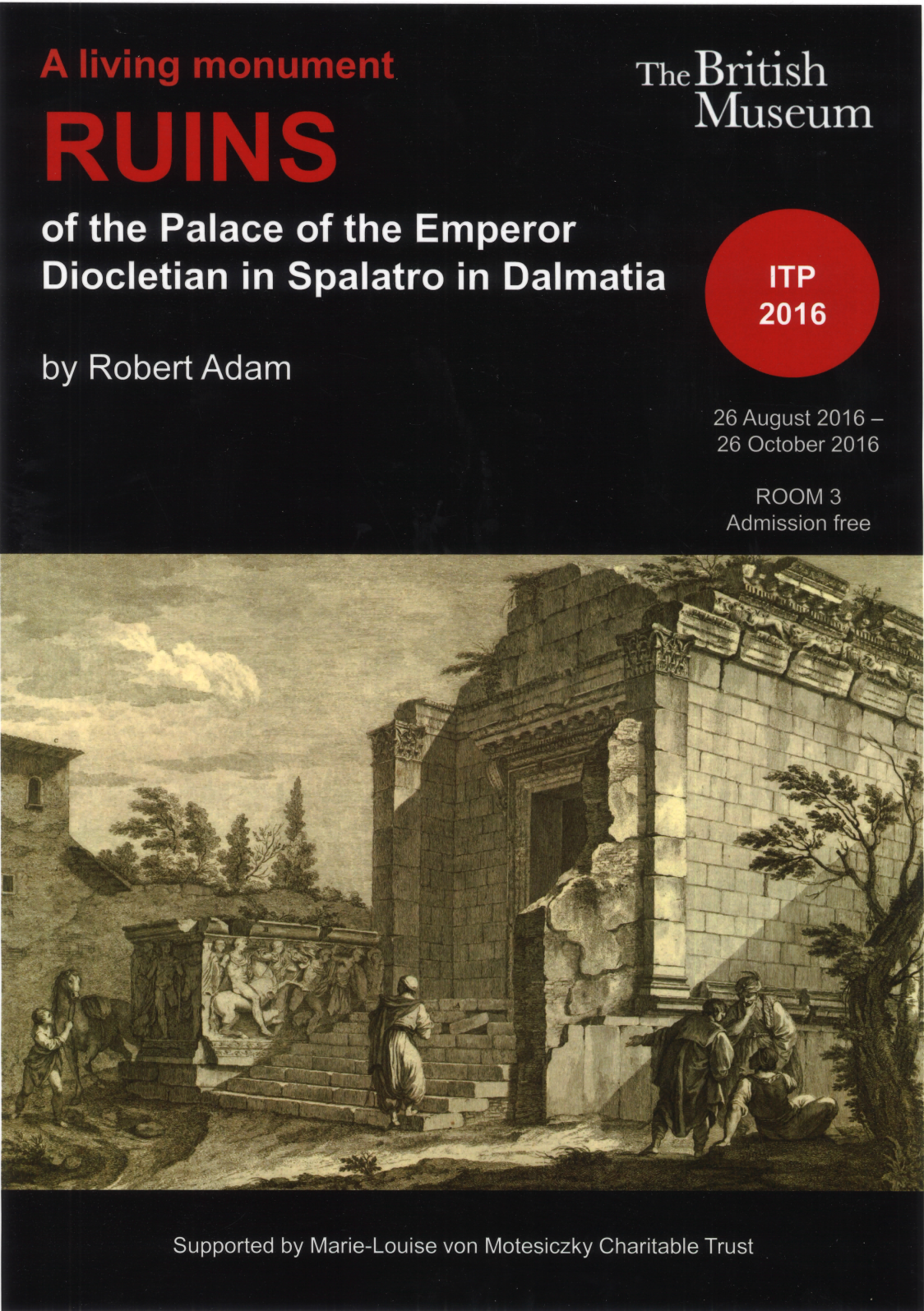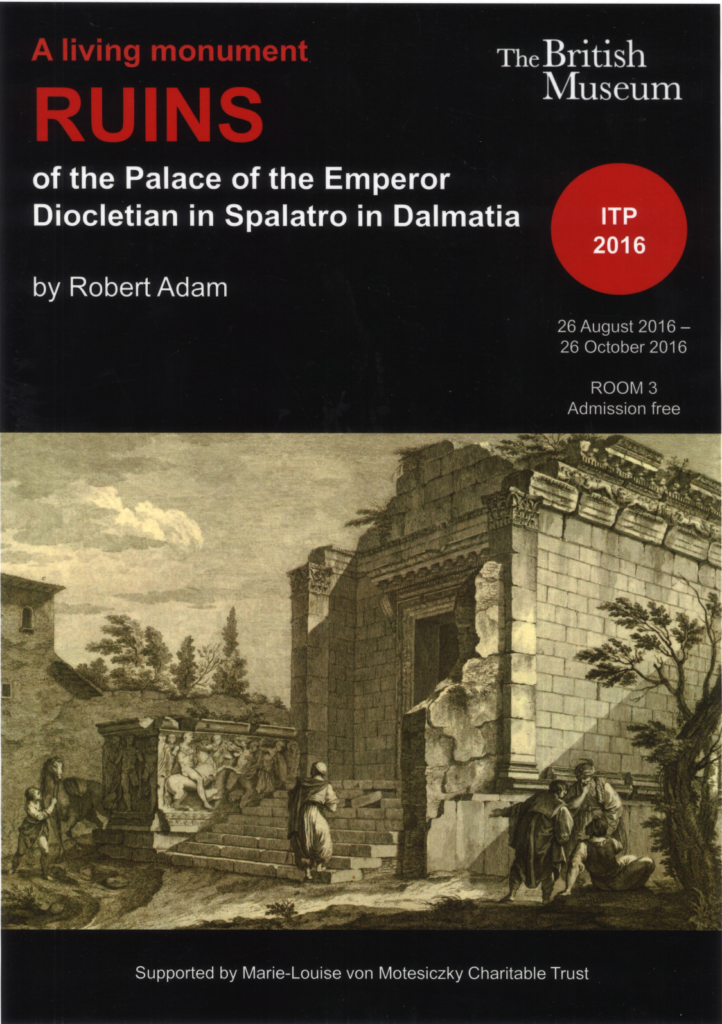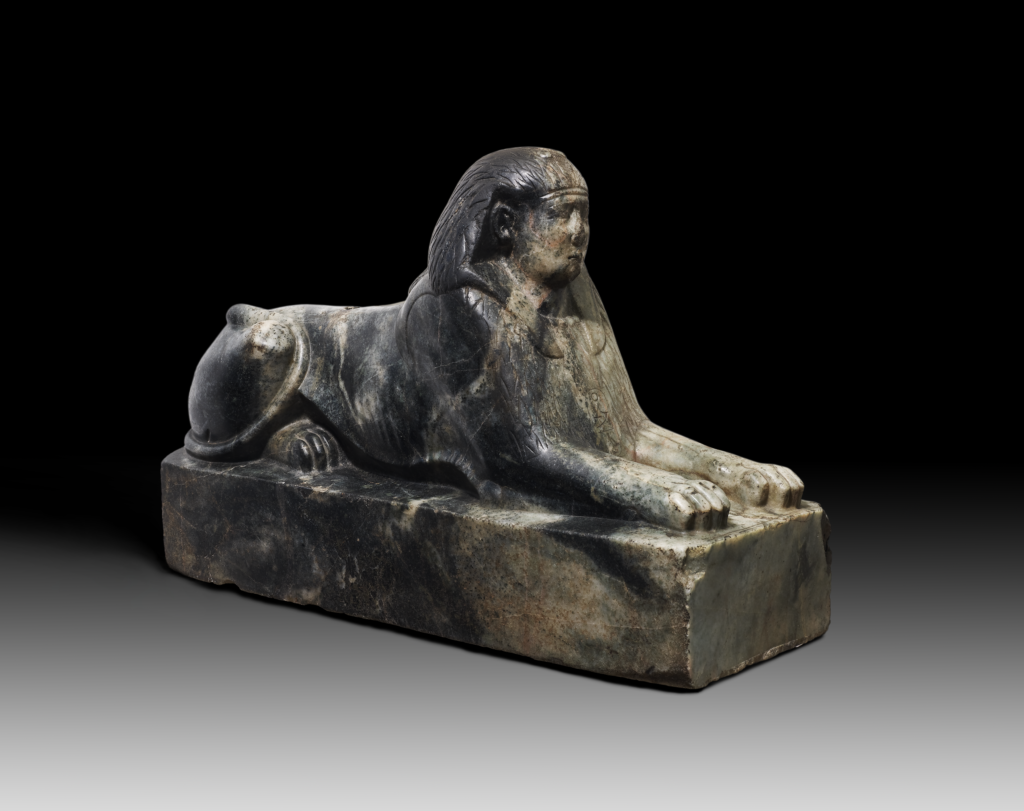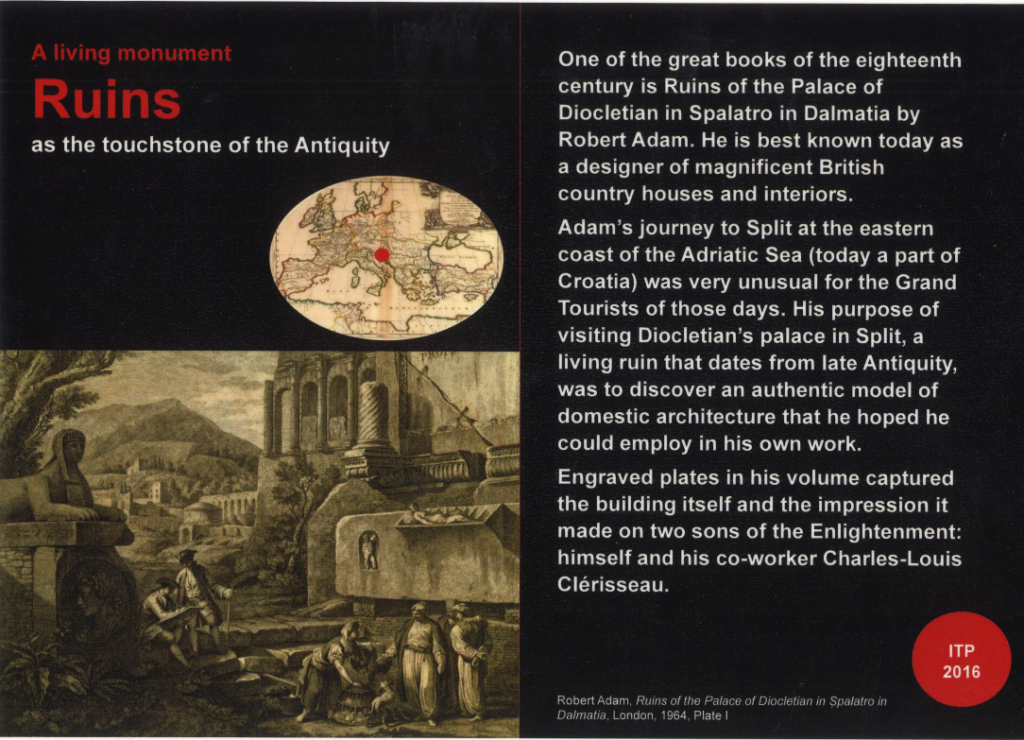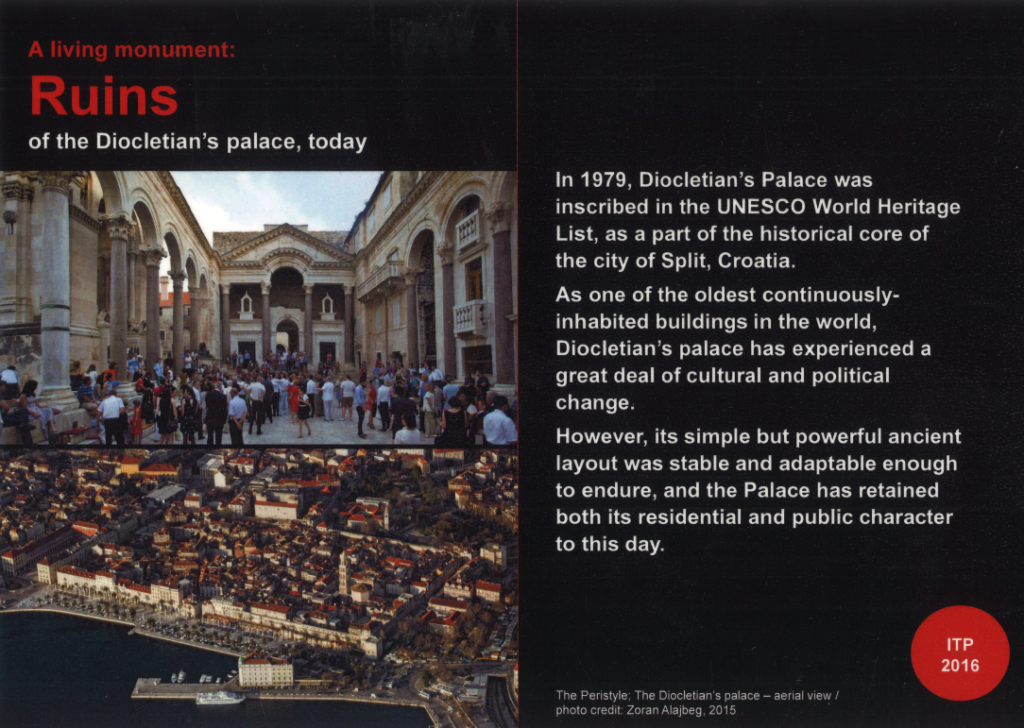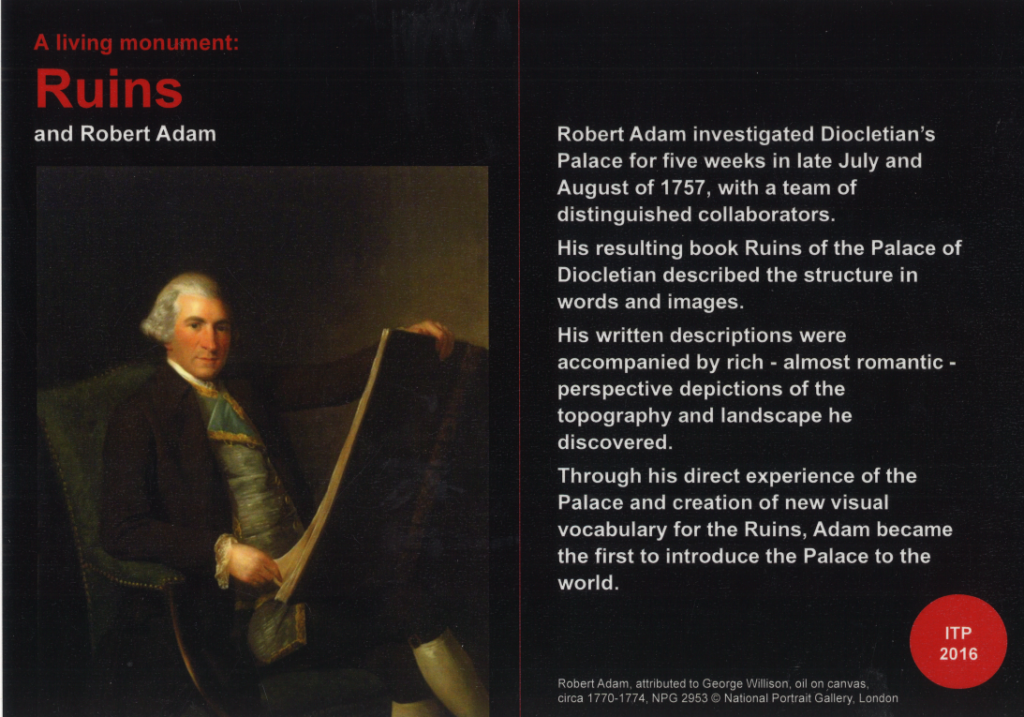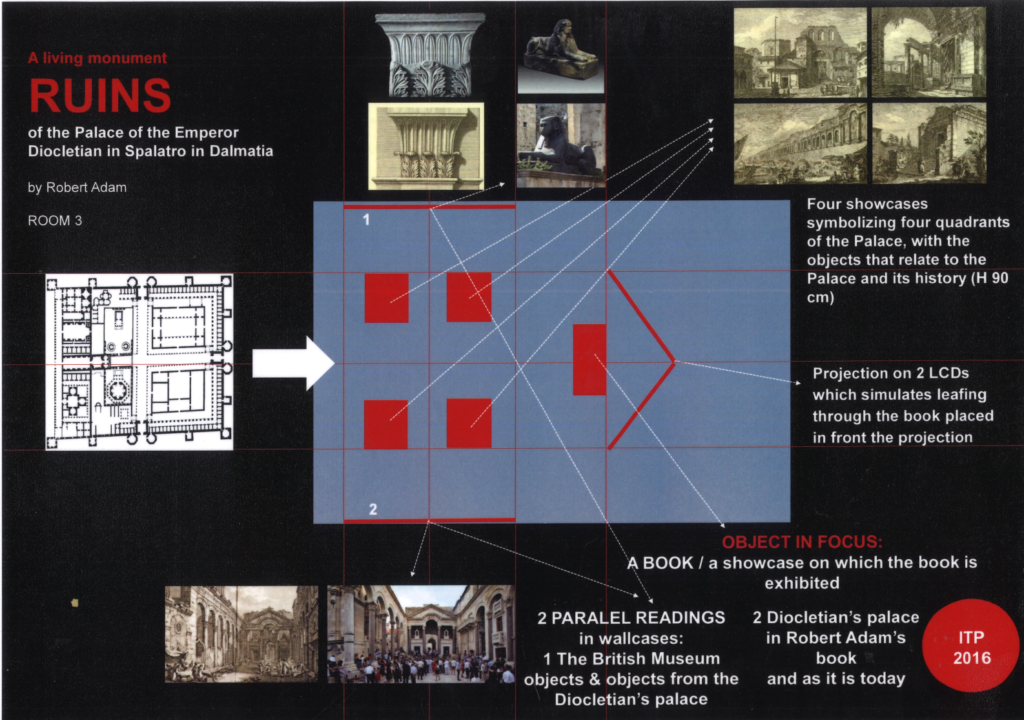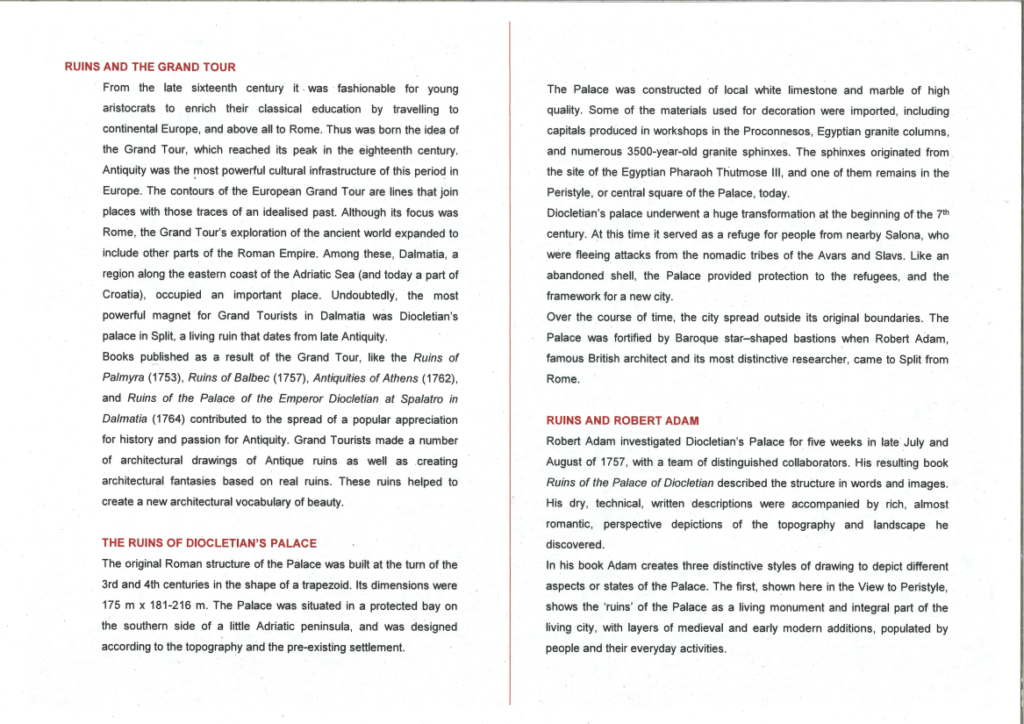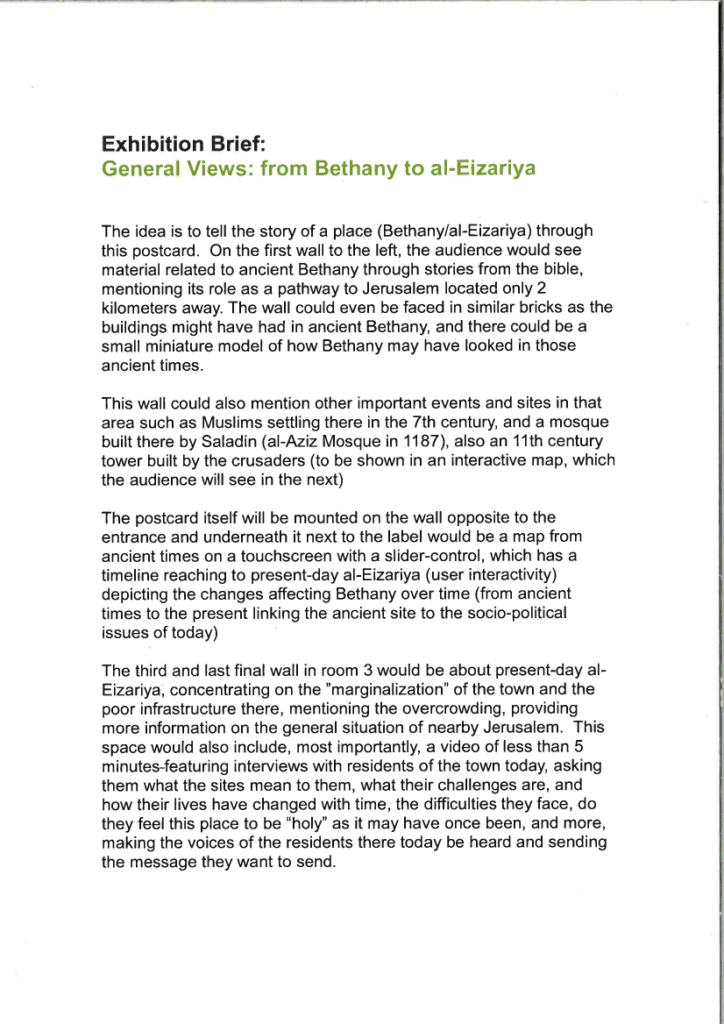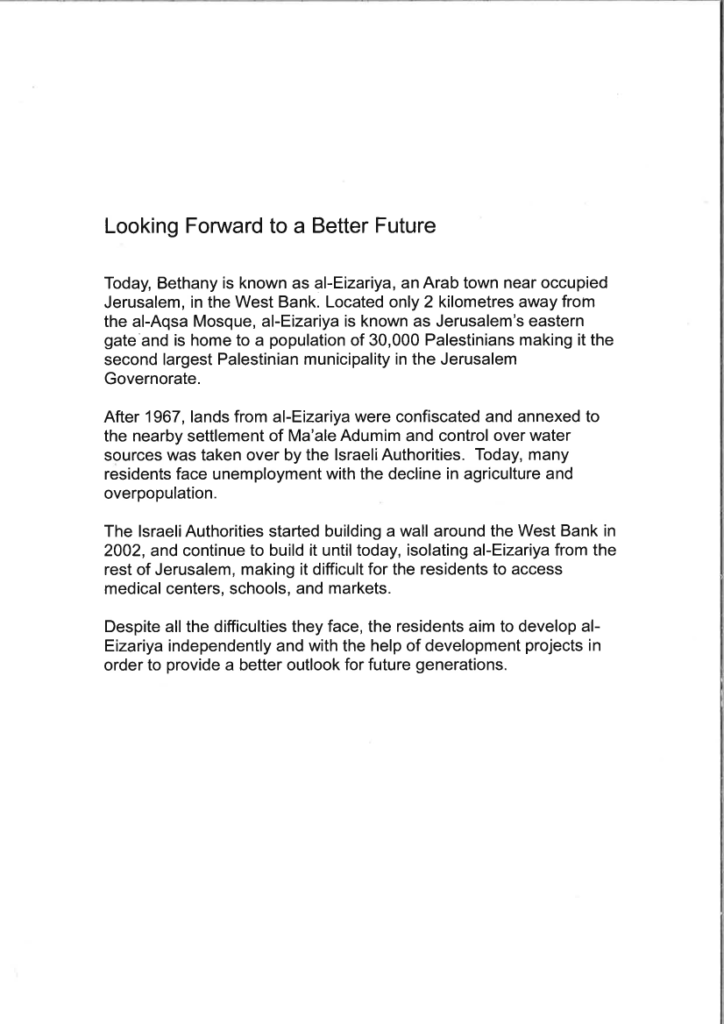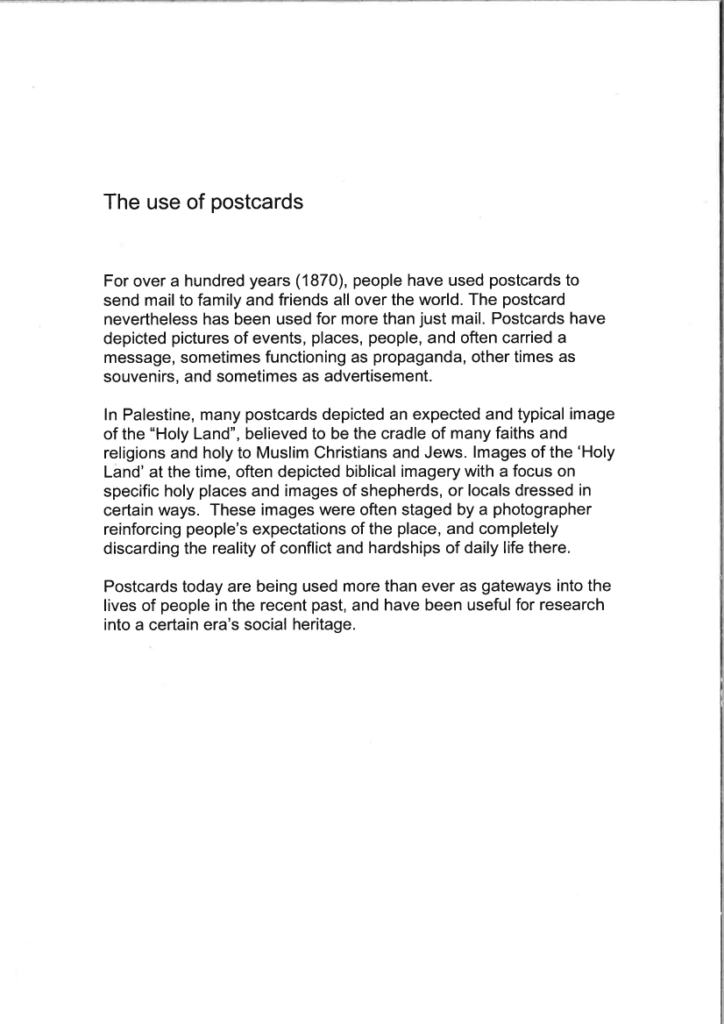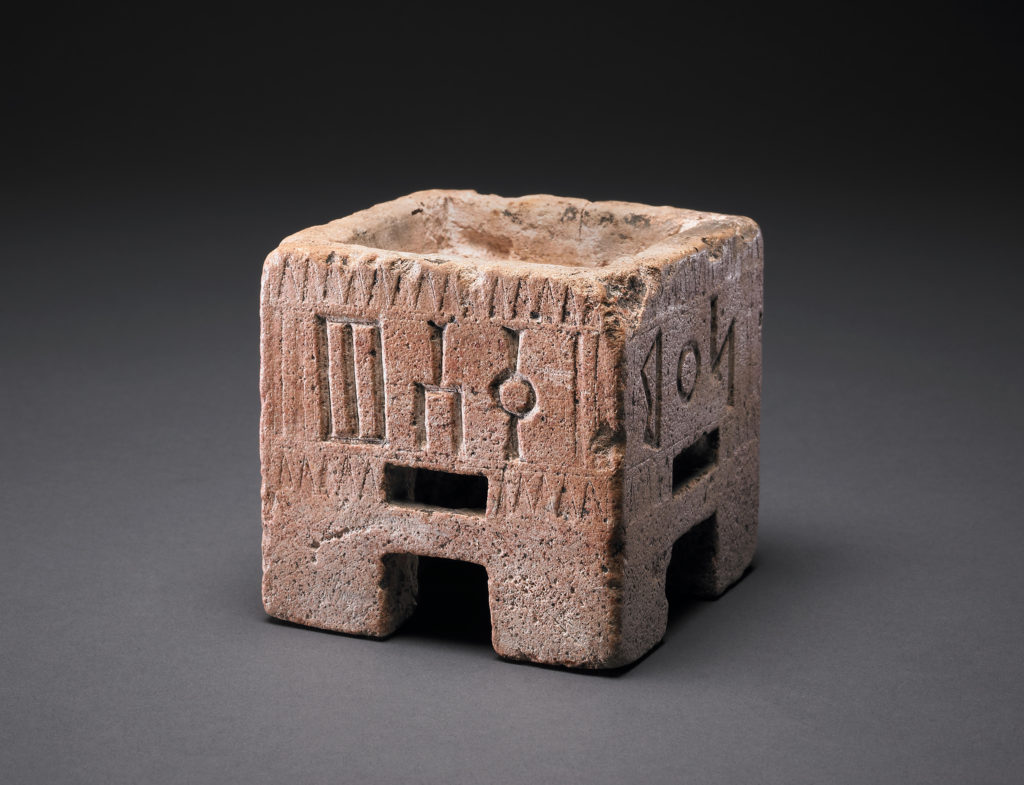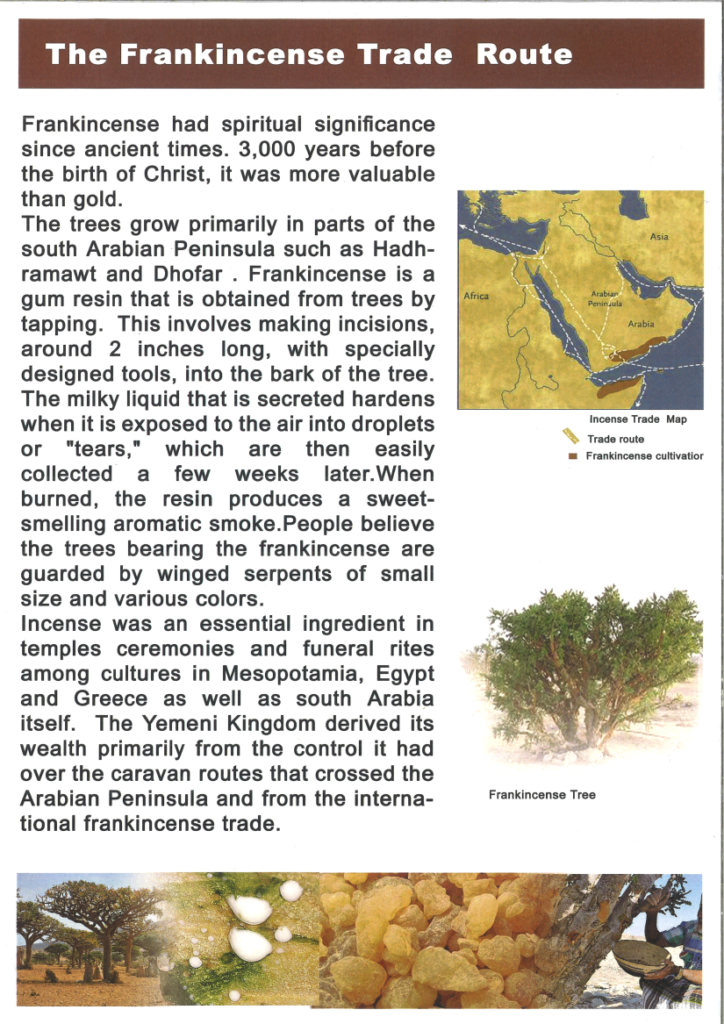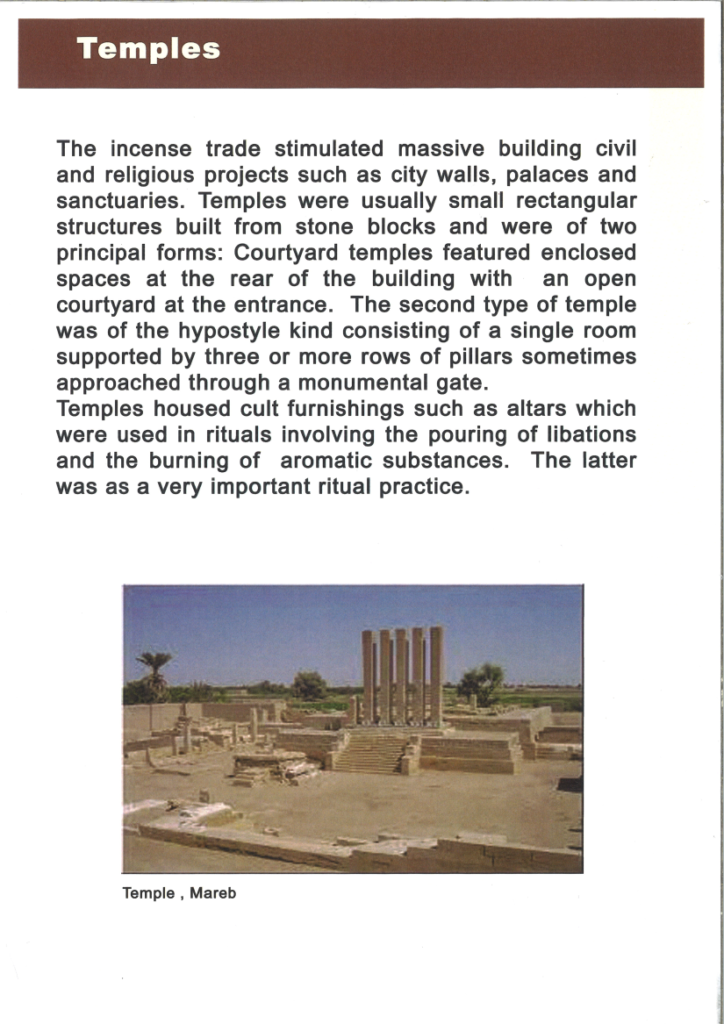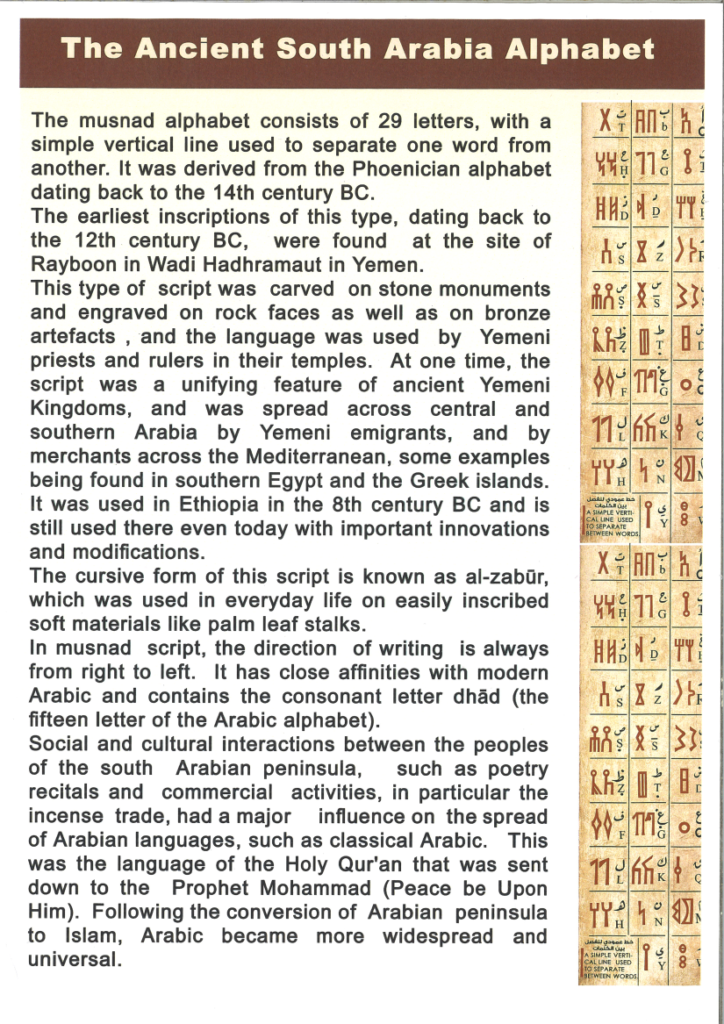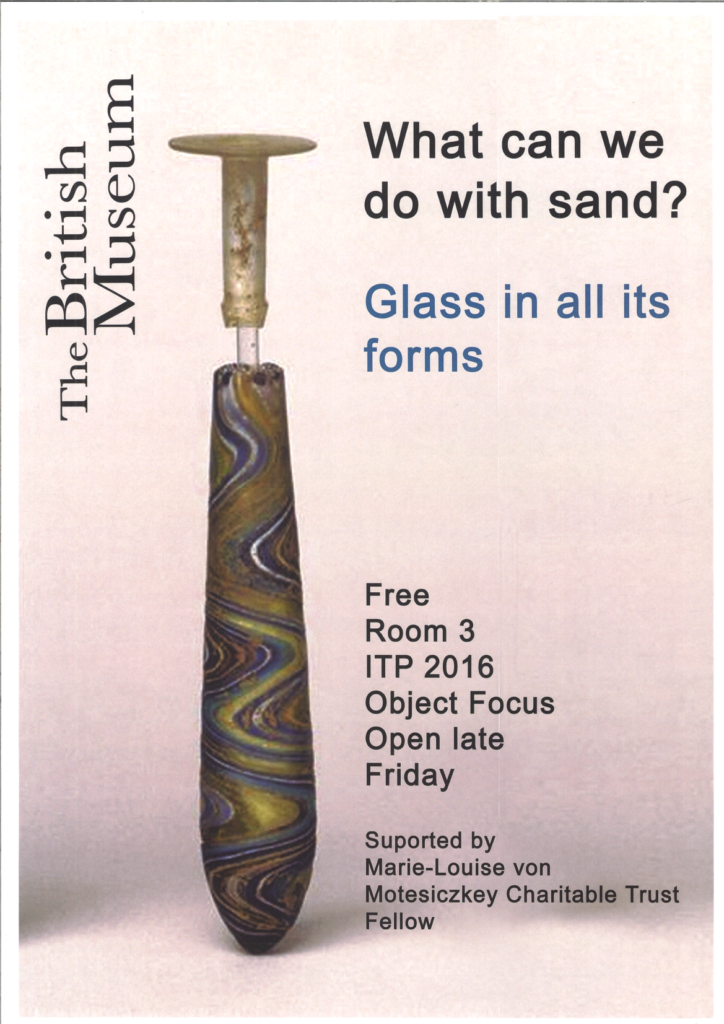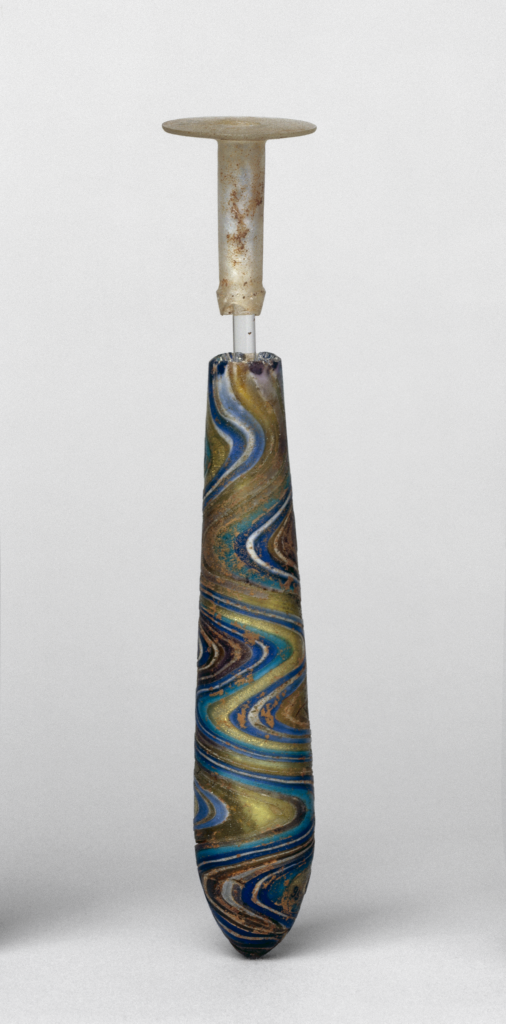General Views
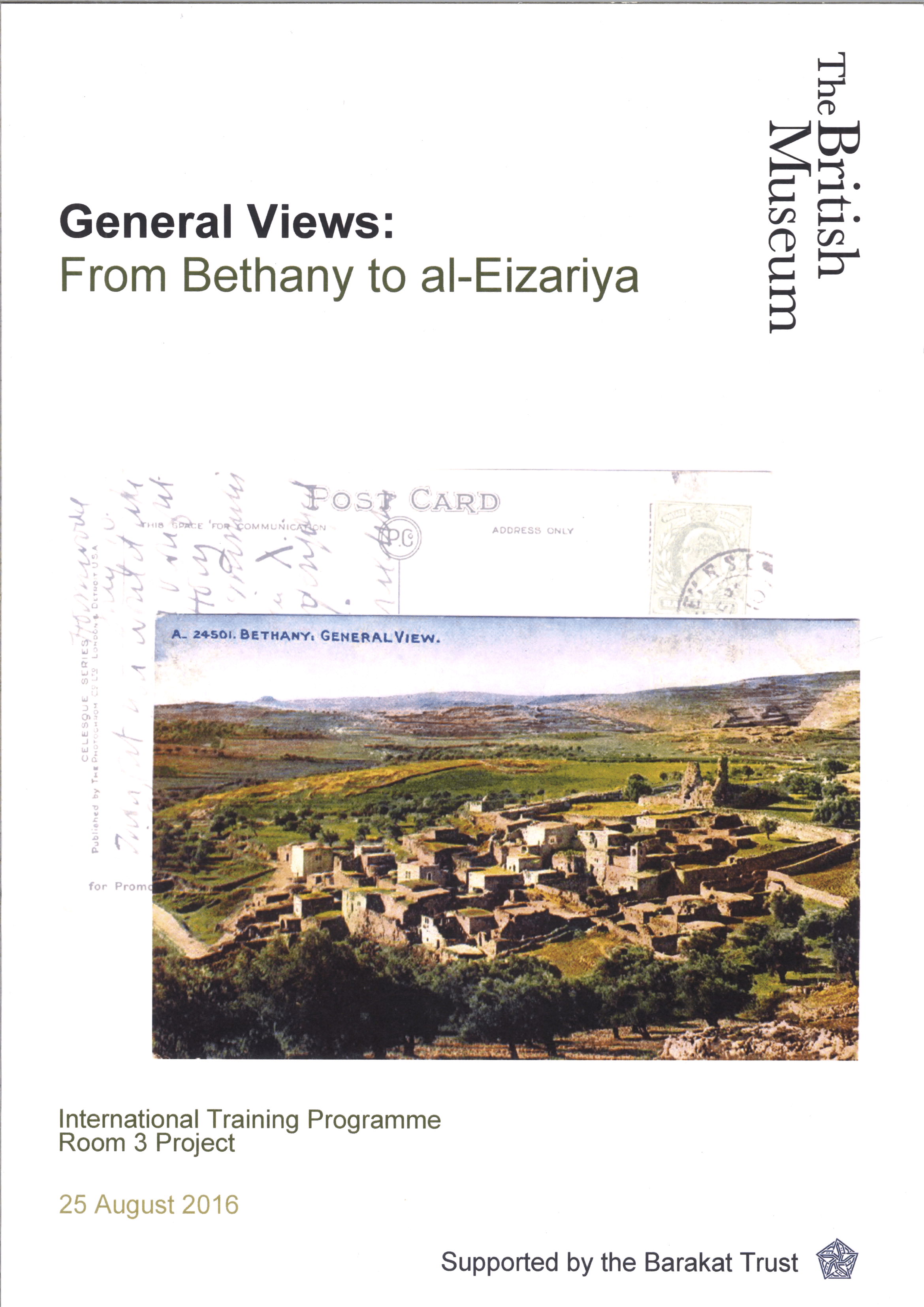
From Bethany to al-Eizariya
Exhibit Curator:
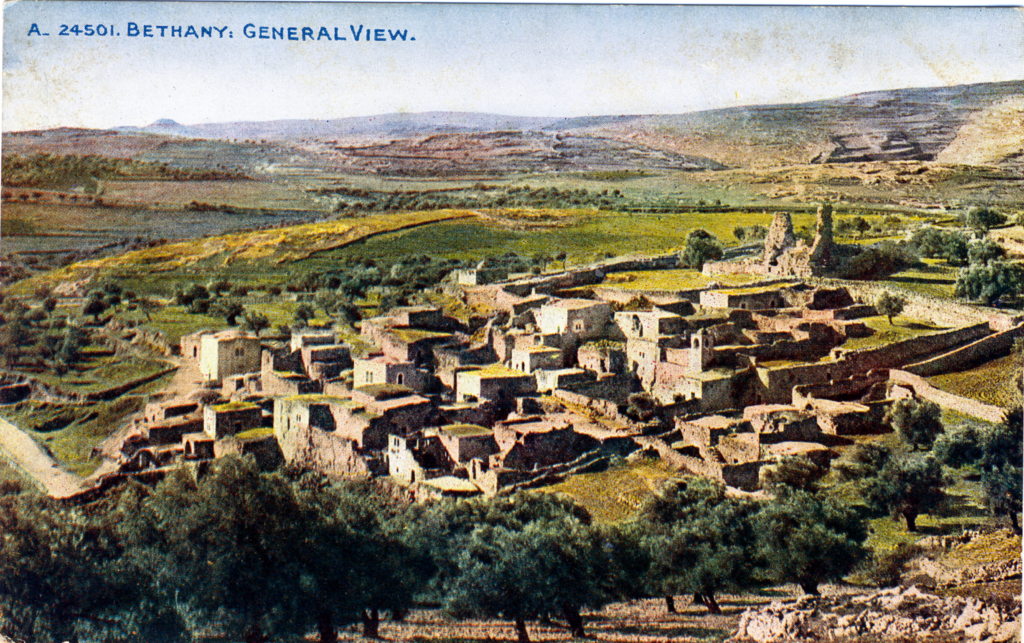
Postcard
This 8.6 x 13.9cm postcard printed on paper depicts a reproduction of a painting by an unknown painter showing a general view of Bethany and its surroundings.
Published and printed in London by Photochrom Co., Ltd. This postcard has been previously used and mailed. A vicar had acquired this postcard in the ‘Holy Land’, but it appears to have been sent from England by a lady called Geraldine to a Miss Jackson, here in London.
Explore More:
Smelling Aromatic Smoke
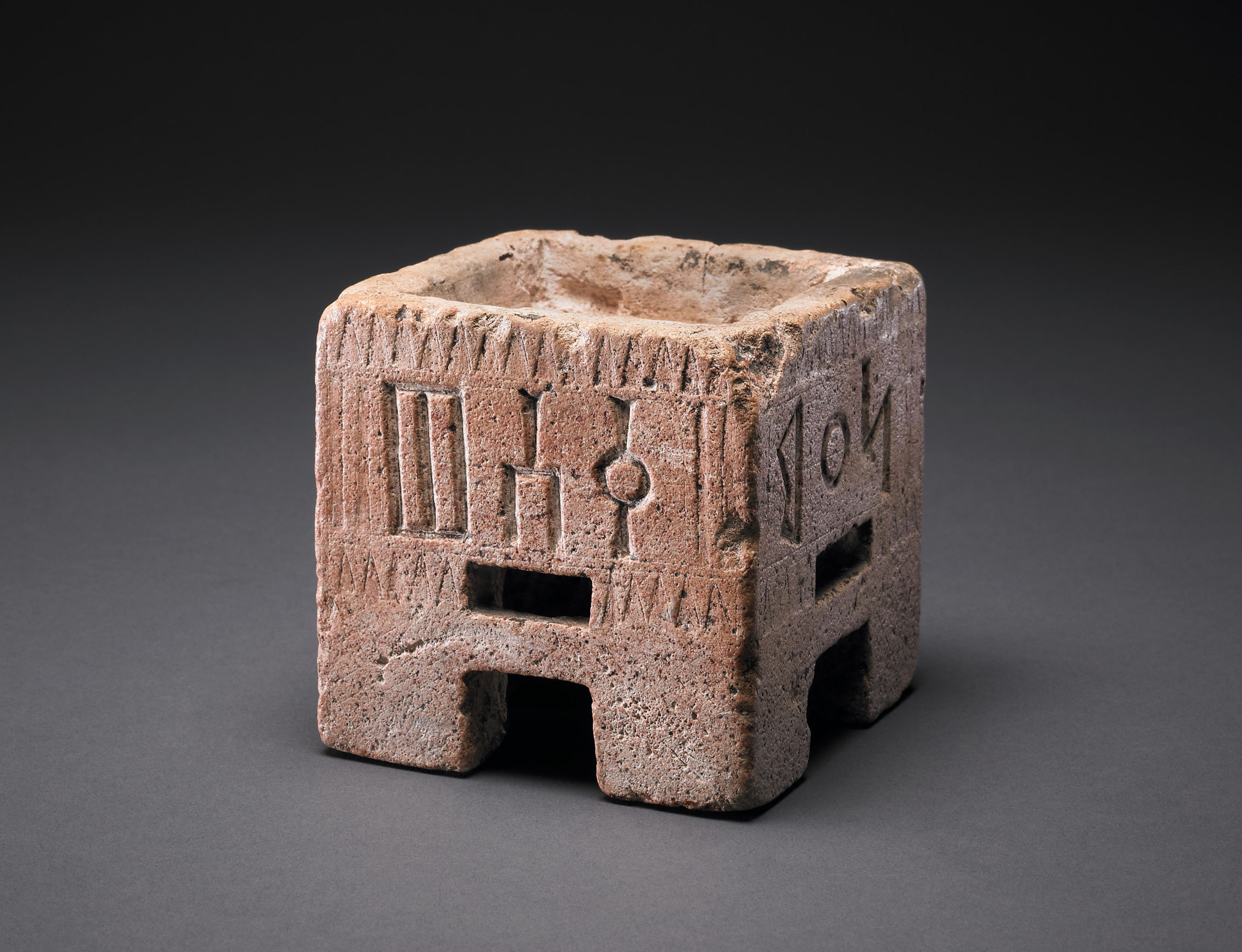
Treasures of Ancient South Arabia
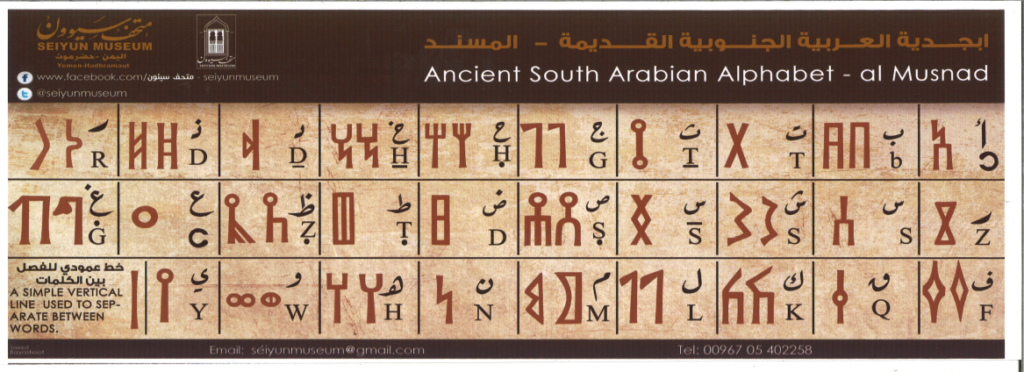
Limestone incence burner
Yemen, 2ndC BC – 1stC BC
Pink limestone cuboid incense burner carved with an inscription in the ancient South Arabian script known as al-musnad. The inscription gives us the names of four different types of incense or aromatic substances that may have been burned in this incense burner: qust, dhahab (possibly a golden-coloured resin), rand, and na’am. Darkened marks in the interior of the bowl of the burner, along the top, the inside rim and in a circular patch in the centre, all presumably reflect its intense functional use as an incense-burner.
Explore More:
What can we do with sand?
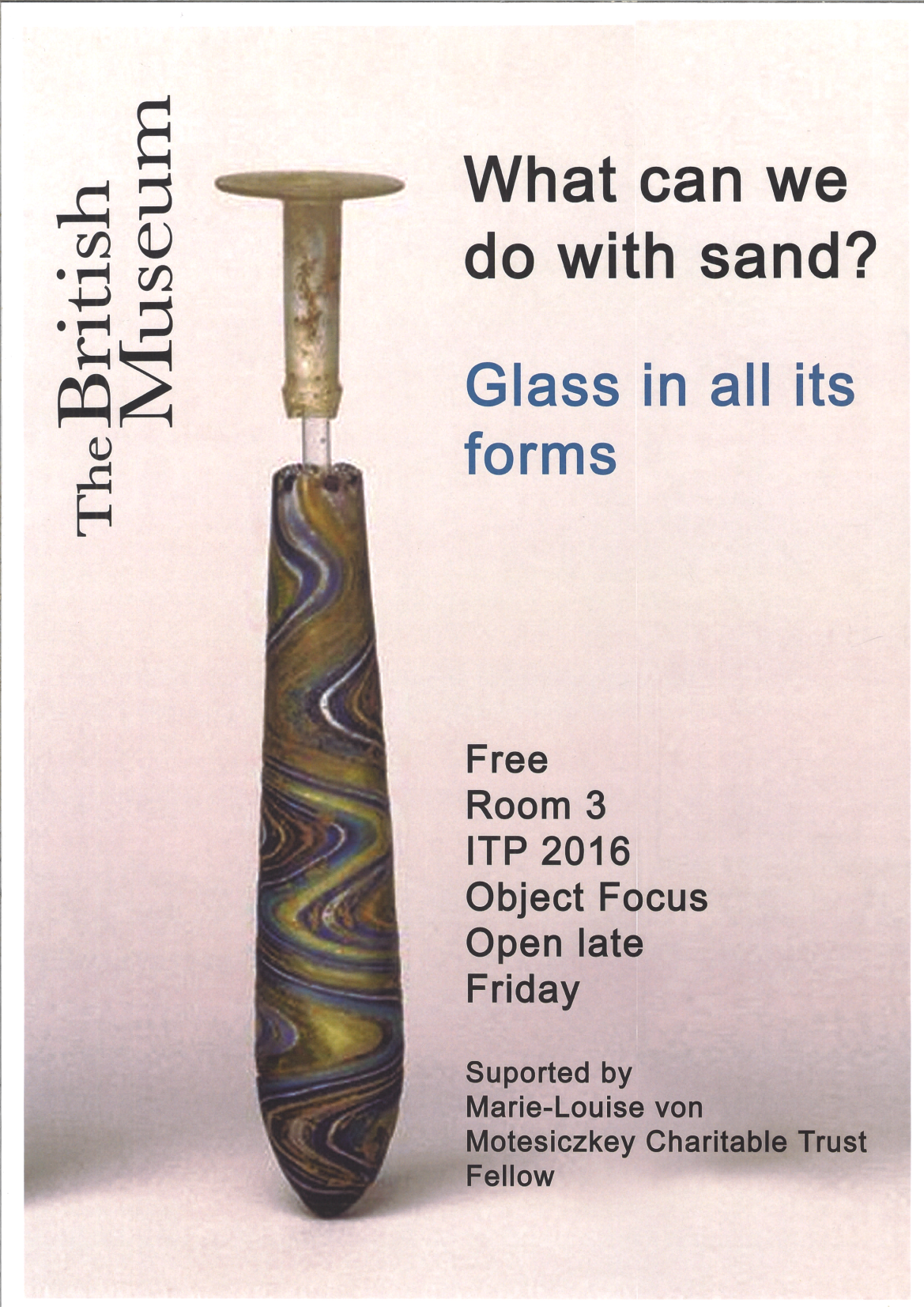
Glass in all its forms
Alabastron
This coloured glass alabastron is made of gold leaf sandwiched between translucent coloured glass sheets.
The rim is broad and flat, the cylindrical neck is made from a separate piece of cut and ground colourless glass and the fusiform body is decorated, from top to bottom, with wavy stripes arranged in three groups of polychrome bands
This alabastron was among a collection of objects which M. Durighello corresponded with Augustus W. Franks about in a later dated 9 April 1895, and to which he referred to as “a Phoenician perfume flask, in beautiful coloured glass … coming from Sidon”.
